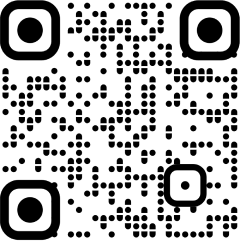
Monolith, artificial intelligence (AI) software provider to the world’s leading engineering teams, has made a key US-based management appointment to satisfy growing auto industry demand for AI-guided battery test and validation software.
Jim Shaw, a former National Instruments (NI) and Diversified Technical Systems (DTS) sales leader, has been appointed as Head of Sales, Americas, to oversee Monolith expansion and grow the California-based team, right at the heart of the clean energy revolution.
The integration of AI-powered testing and validation practices will enable vehicle and battery manufacturers in the US to obtain new, rich insights into the intractable physics of batteries – delivering higher-performing batteries in a significantly reduced timeframe, with the potential to speed up the R&D process by 12 to 18 months.
Richard Ahlfeld, Monolith CEO and founder said, “Jim joins us at a time when the EV industry is under great scrutiny. Companies are feeling pressure to bring products to market that satisfy both regulatory and customer demands. With his decades of experience, Jim will help battery and vehicle OEMs understand where AI can help.”
On his appointment, Jim Shaw said, “Throughout my career I’ve been driven by empowering engineers with better tools to help them solve their most difficult challenges. Now, Monolith is poised to play a significant role in how battery engineers can work even smarter and bring better products to market, faster.”
Shaw brings 35 years of Test & Measurement experience in Automotive, Aerospace, Industrial and Semiconductor markets, with a track record of helping early-stage tech companies like Monolith to scale and achieve annual double-digit growth.
His appointment at Monolith comes at a time when corporate and public interest in AI is at an all-time high. The power of AI in automotive engineering lies in its ability to reduce the amount of physical testing time and simulations required to successfully develop products with highly complex physics throughout the design cycle.
Using valuable and sometimes limited engineering test data, Monolith makes instant predictions and enables engineers to identify areas where optimisation and development are required, without the extensive need for repetitive, time-consuming physical tests, the company said in a media release.

